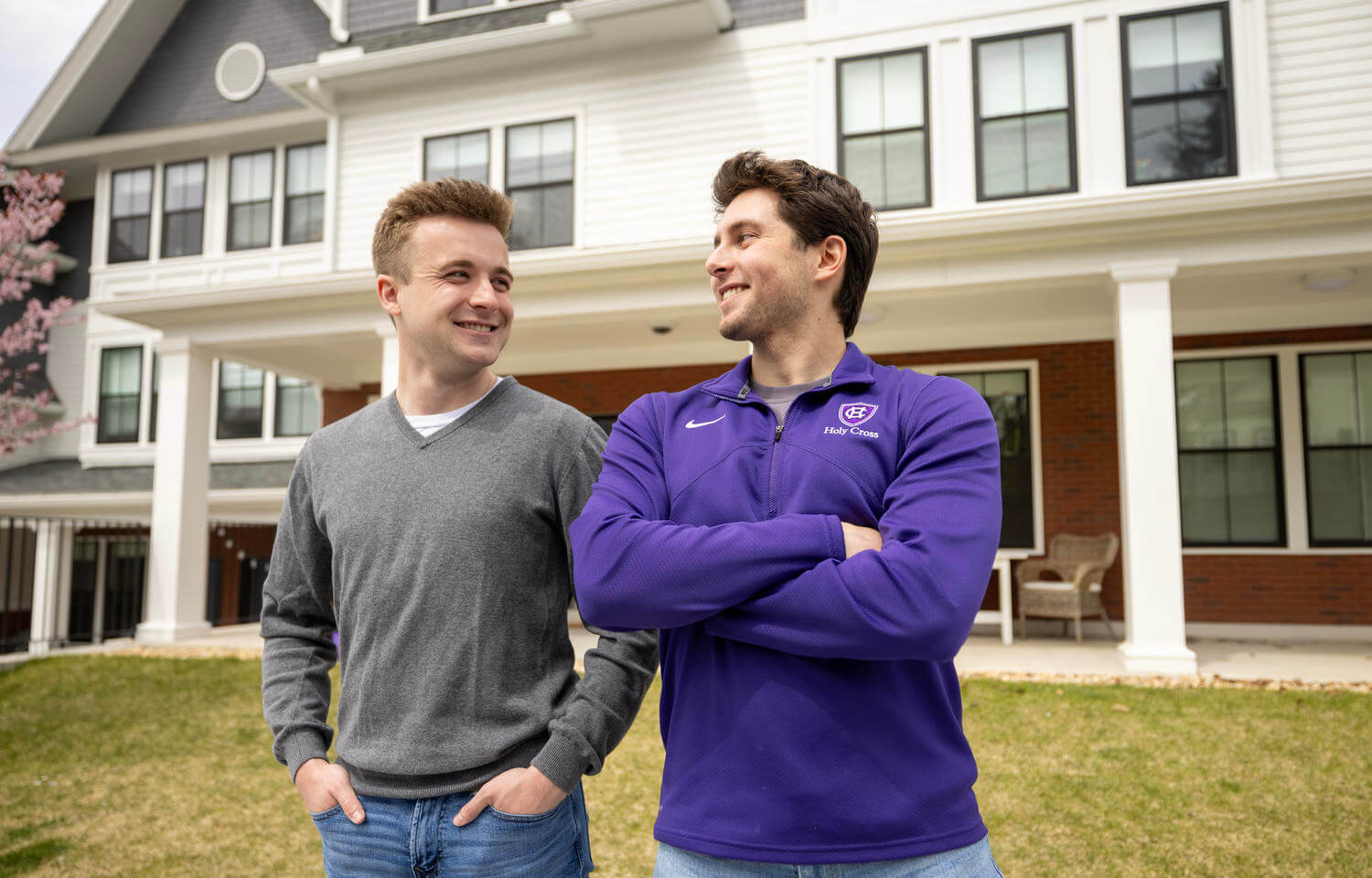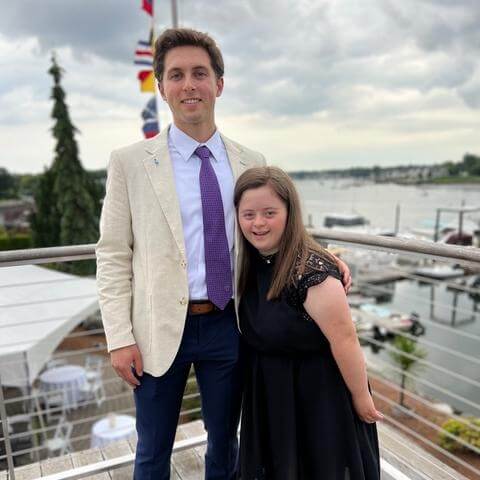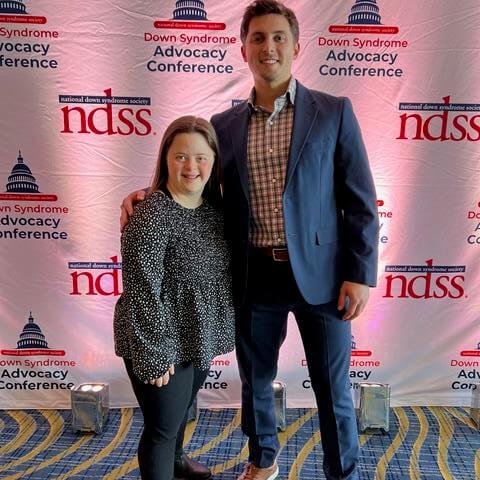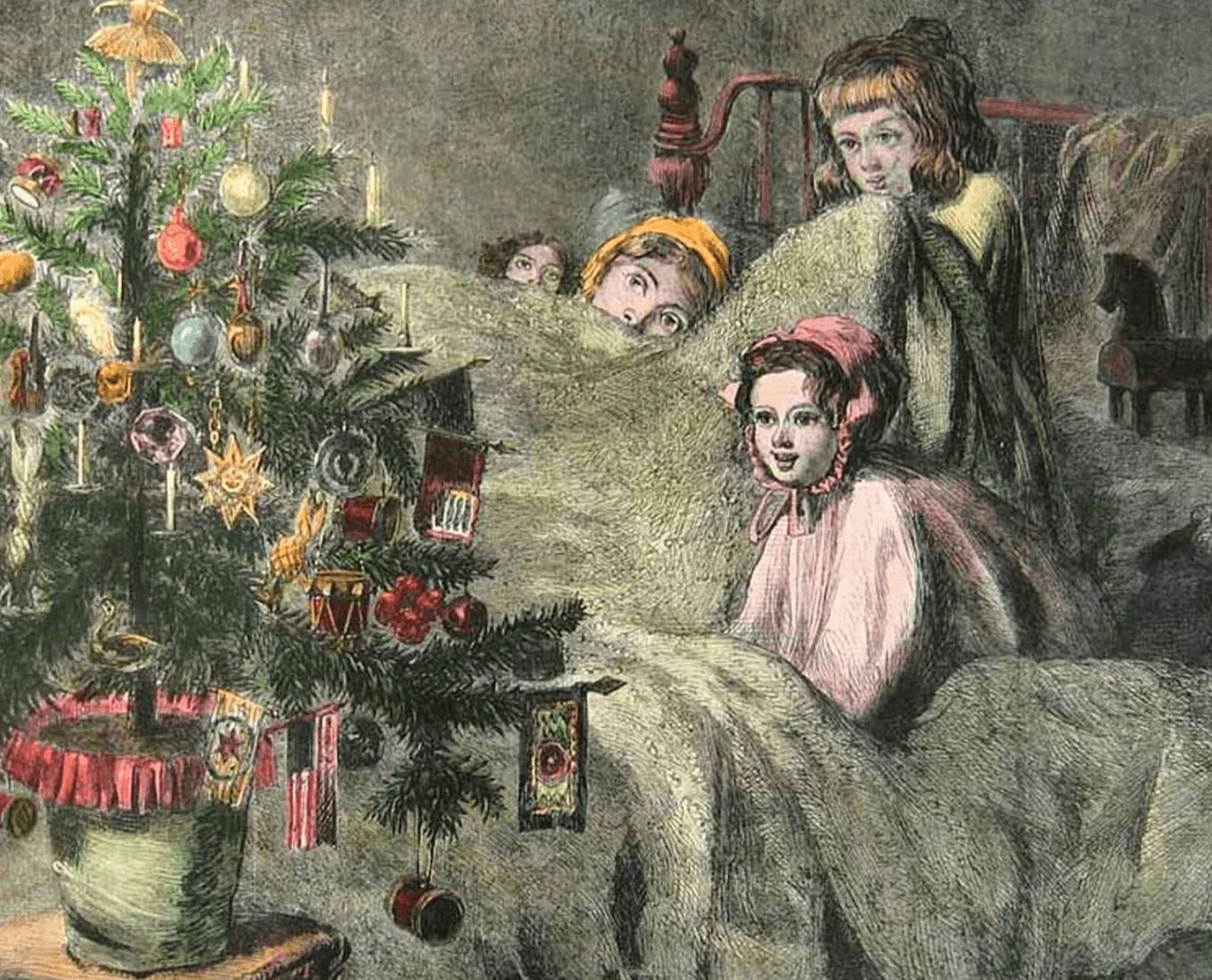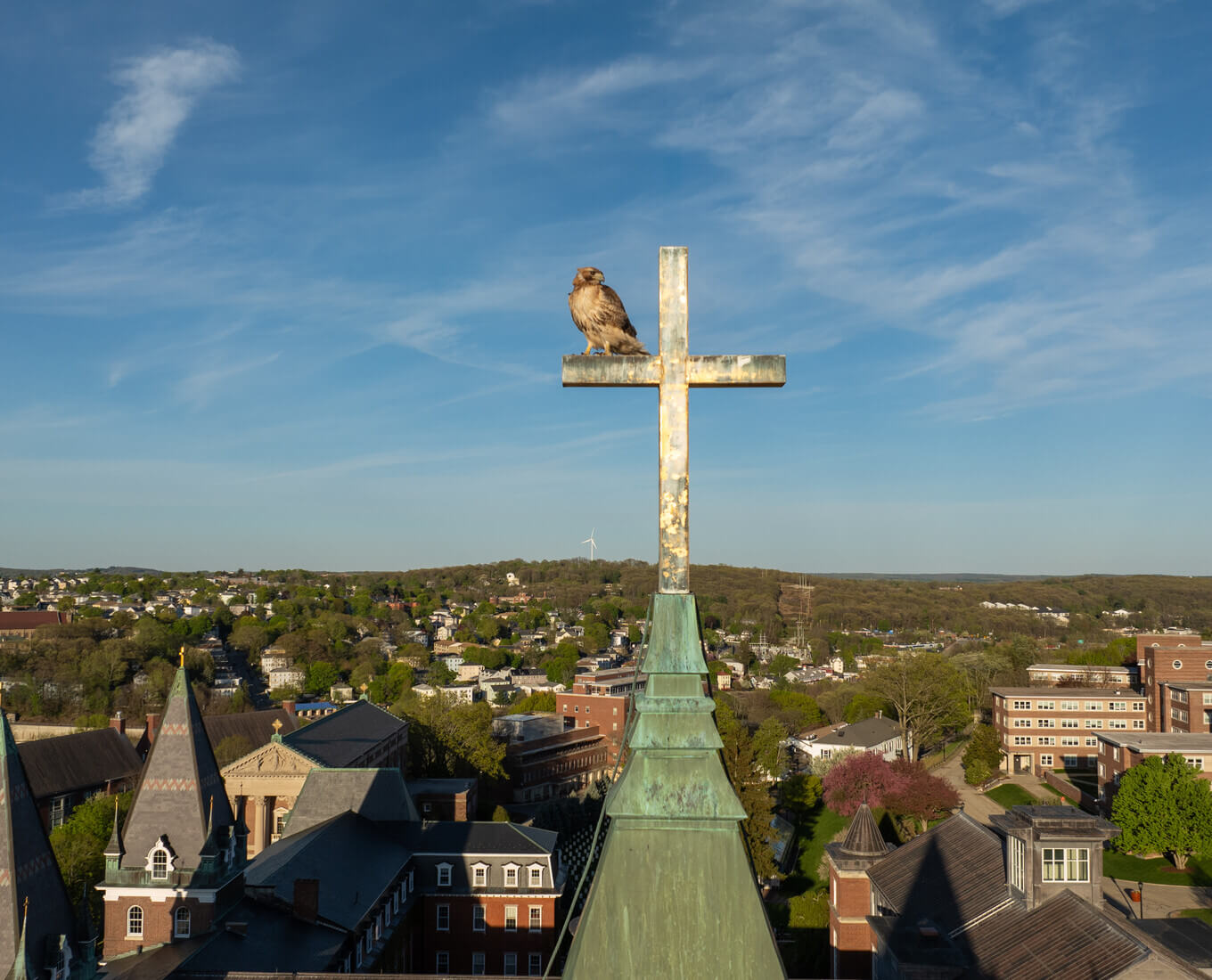For a year and a half, Damon Kruppa ’24 worked alongside his younger sister, Mia, at an inclusive coffee shop in Melrose, Massachusetts, providing customers with their morning caffeine and baked goods. Then, abruptly in March 2023, the café closed. All employees, including several with intellectual and developmental disabilities, were without a job.
“It was the first time I felt that my sister was left without opportunities. I didn’t want to let that happen,” said Kruppa, an economics major and statistics minor.
He started to investigate what barriers were keeping Mia, who has Down syndrome, and other neurodiverse individuals, from obtaining and maintaining fruitful employment. In the interim, he worked with former café colleagues to found INspire Cafe, a nonprofit that provides employment opportunities for people with diverse abilities. Kruppa pieced together a marketing video that was instrumental in raising $60,000 to fund a new café in Wakefield, Massachusetts. The team partnered with the Boys and Girls Clubs of Stoneham and Wakefield and have had numerous pop-up shops as they await a new brick and mortar café that will hopefully open this summer.
